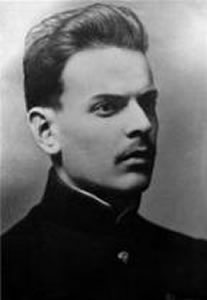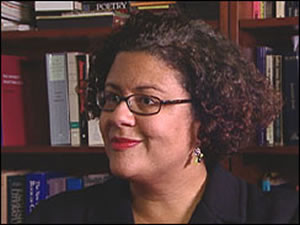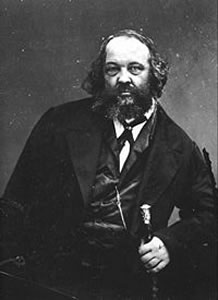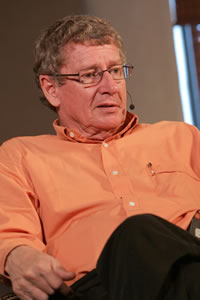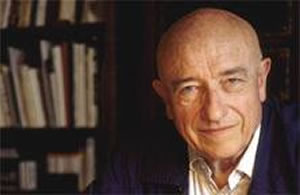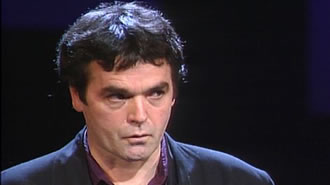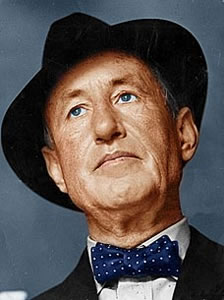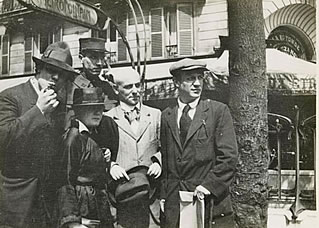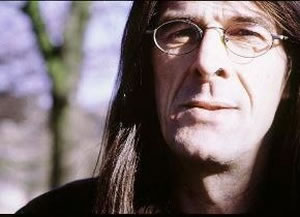De Amerikaanse dichter Walt Whitman werd geboren op 31 mei 1819 in Westhills, Long Island, New York. Zie ook mijn blog van 31 mei 2010 en eveneens alle tags voor Whalt Whitmanop dit blog.
Mannahatta
I was asking for something specific and perfect for my city,
Whereupon lo! upsprang the aboriginal name.
Now I see what there is in a name, a word, liquid, sane,
unruly, musical, self-sufficient,
I see that the word of my city is that word from of old,
Because I see that word nested in nests of water-bays,
superb,
Rich, hemm’d thick all around with sailships and
steamships, an island sixteen miles long, solid-founded,
Numberless crowded streets, high growths of iron, slender,
strong, light, splendidly uprising toward clear skies,
Tides swift and ample, well-loved by me, toward sundown,
The flowing sea-currents, the little islands, larger adjoining
islands, the heights, the villas,
The countless masts, the white shore-steamers, the lighters,
the ferry-boats, the black sea-steamers well-model’d,
The down-town streets, the jobbers’ houses of business, the
houses of business of the ship-merchants and money-
brokers, the river-streets,
Immigrants arriving, fifteen or twenty thousand in a week,
The carts hauling goods, the manly race of drivers of horses,
the brown-faced sailors,
The summer air, the bright sun shining, and the sailing
clouds aloft,
The winter snows, the sleigh-bells, the broken ice in the
river, passing along up or down with the flood-tide or
ebb-tide,
The mechanics of the city, the masters, well-form’d,
beautiful-faced, looking you straight in the eyes,
Trottoirs throng’d, vehicles, Broadway, the women, the
shops and shows,
A million people–manners free and superb–open voices–
hospitality–the most courageous and friendly young
men,
City of hurried and sparkling waters! city of spires and masts!
City nested in bays! my city!
Among The Multitude
Among the men and women the multitude,
I perceive one picking me out by secret and divine signs,
Acknowledging none else, not parent, wife, husband, brother, child, any nearer than I am,
Some are baffled, but that one is not–that one knows me.
Ah lover and perfect equal,
I meant that you should discover me so by faint indirections,
And I when I meet you mean to discover you by the like in you.
Uit:Calamus Poems
6.
Not heaving from my ribbed breast only,
Not in sighs at night, in rage, dissatisfied with myself,
Not in those lang-drawn, ill-suppressed sighs,
Not in many an oath and promise broken,
Not in my willful and salvage soul’s volition,
Not in the subtle nourishment of the air,
Not in this beating and pounding at my temples and wrists,
Not in the curious systole and diastole within, which will one day cease,
Not in many a hungry wish, told to the skies only,
Not in cries, laughter, defiances, thrown from me when alone, far in the wilds,
Not in husky pantings through clenched teeth,
Not in sounded and resounded words — chattering words, echoes, dead words,
Not in the murmers of my dreams while I sleep,
Nor in the limbs and senses of my body, that take you and dismiss you continually — Not there,
Not in any of all of them, O adhesiveness! O pulse of my life!
Need I that you exist and show yourself, any more than in these songs.
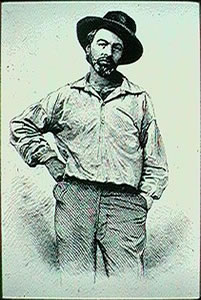
Walt Whitman (31 mei 1819 – 26 maart 1893)
Lees verder “Walt Whitman, Frank Goosen, Gabriel Barylli, Gerd Hergen Lübben, Serge Brussolo”

